It is so annoying when getting to the end of a ketchup bottle, and you have to keep banging to get that last bit out. Why is this? Because ketchup is thick and does not flow as easily as other fluids. We call this resistance to flowing viscosity.
The rate at which different fluids flow can vary considerably.
So how about having races to test them?
What you will need:
Stopwatch/tape measure
A ramp - we used a table that we took two legs off.
Different fluids to test
We used whole milk, ketchup, chocolate sauce, orange juice and cooking oil

Deciding what to measure
- you could decide to time how long it takes for all five fluid to reach the bottom of the table
- you could decide to measure how far they have travelled after a certain time
How to make the test fair
You need to consider the things that could impact on it not being a fair test - this could include things like
- ensuring the volume use use is the same for all fluids
- ensuring that you time the flow for the same distance
- ensuring that measure after a set time for each.
- ensuring you repeat the investigation 3 times and take a mean result
- The gradient of the ramp is the same for each fluid
Method
You can either do one at a time - this is easier for recording time, or tip them all at the same time if you want them to get to the bottom of the table.
Let them flow for the set time you have decided, or time them until they all reach the bottom.
You can record your results in a table.
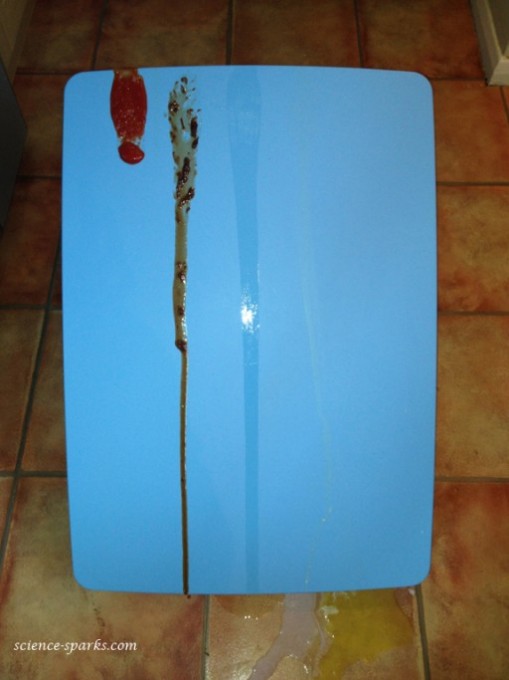
Results
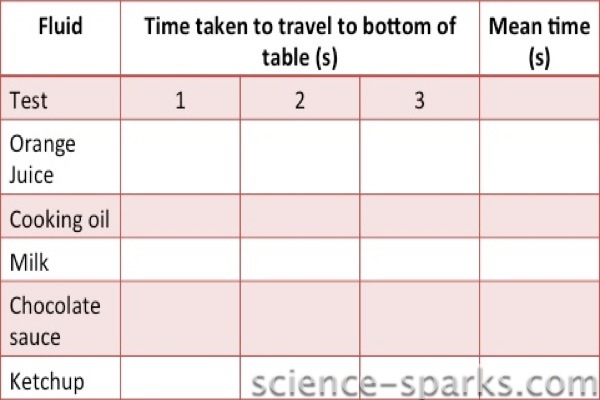
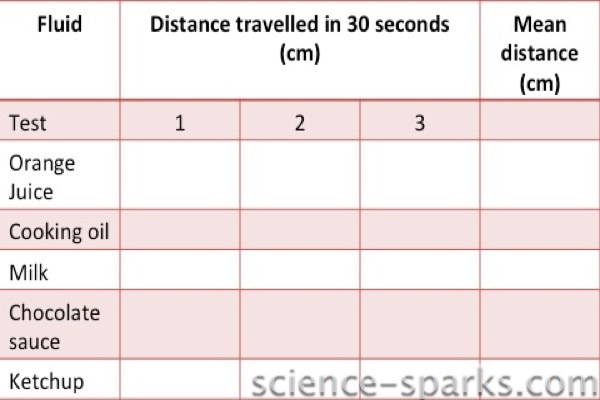
We decided to wait until they got to the bottom but had to stop the experiment as it was clear the ketchup was never going to make it! Next time we will try with measuring the distance travelled!
Have fun
Kerry
Last Updated on March 9, 2023 by Emma Vanstone
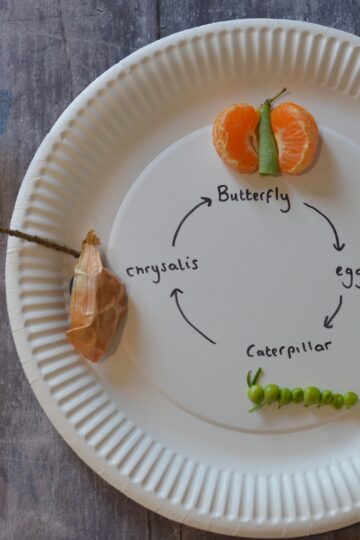
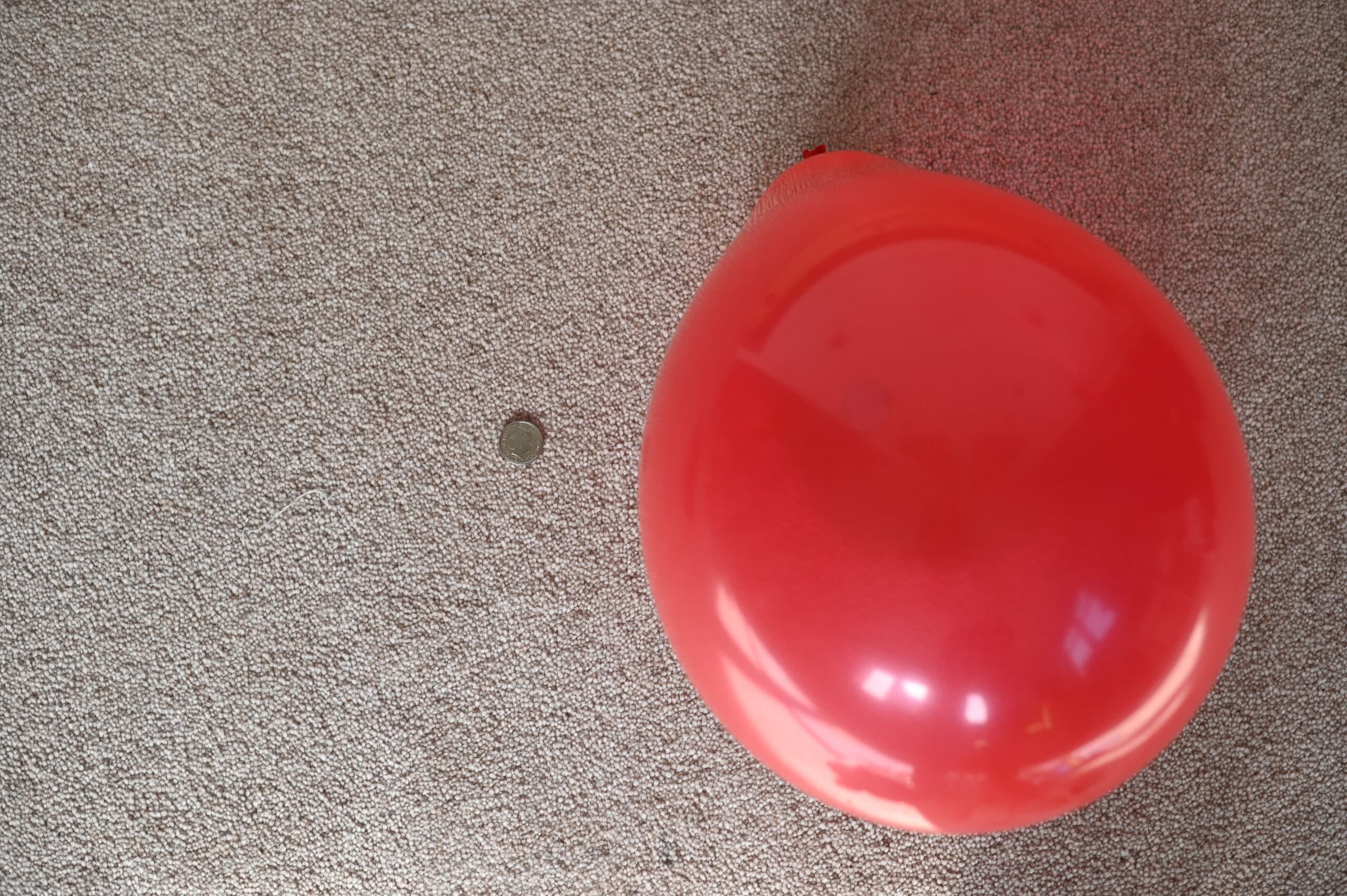
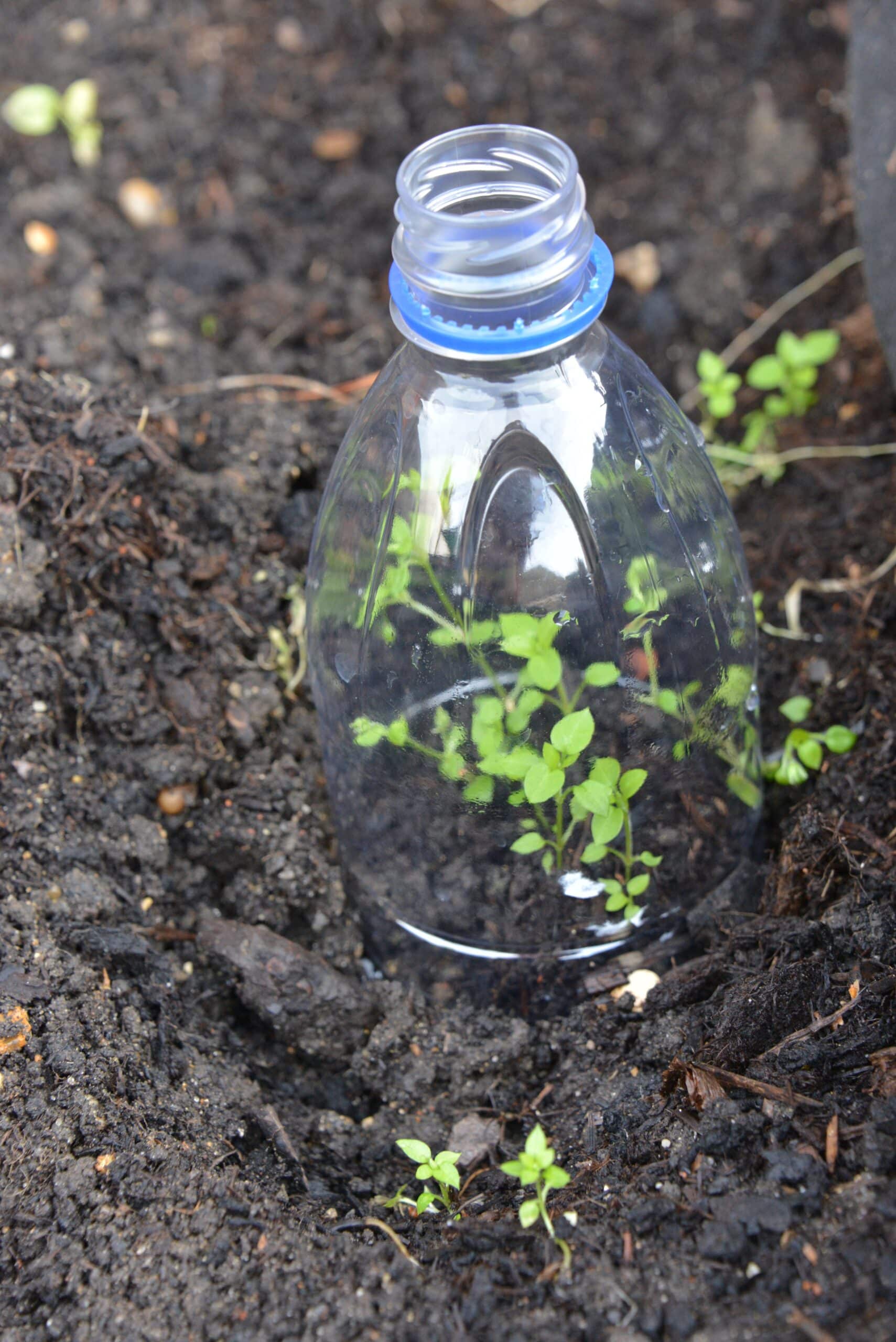
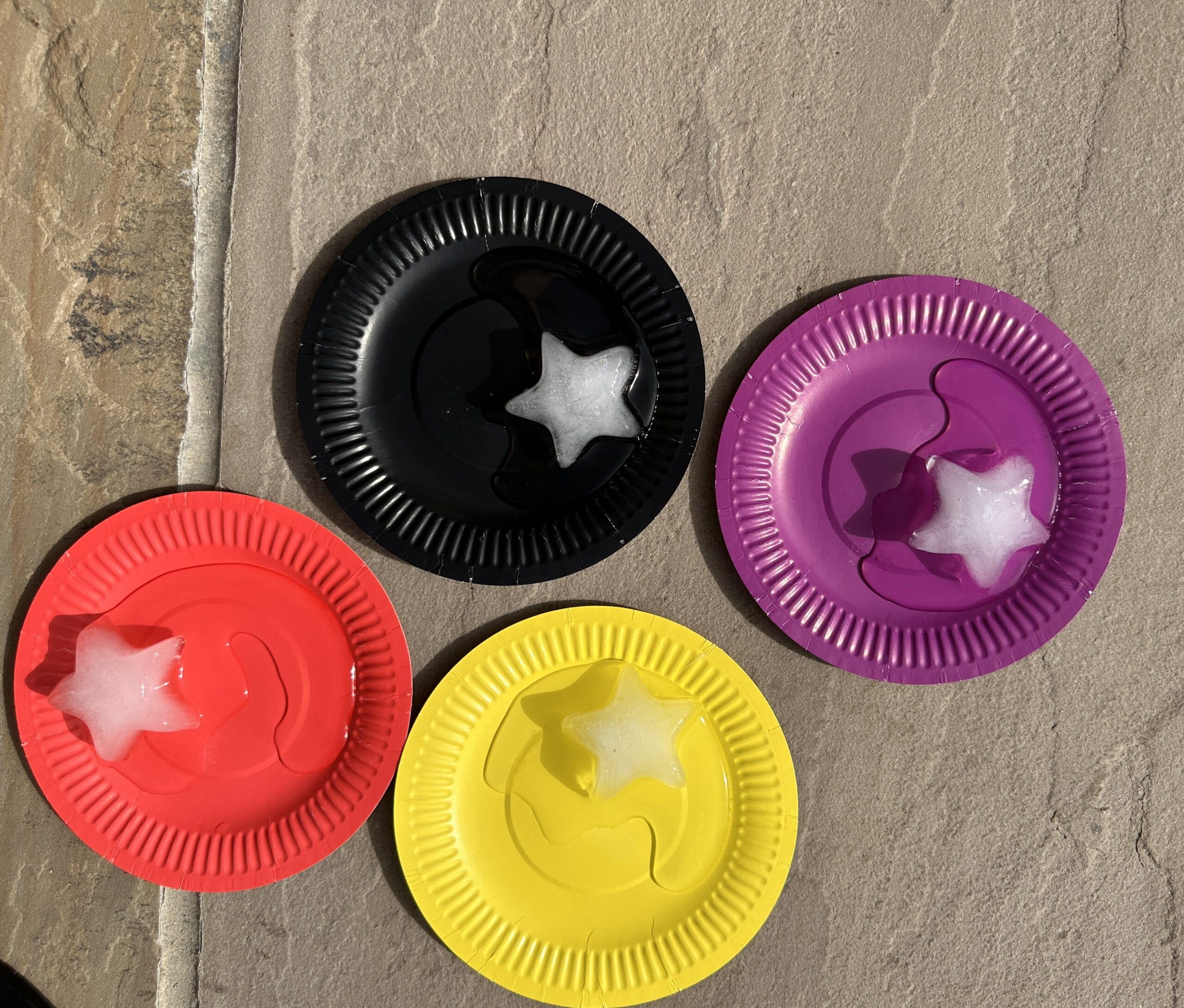
Juliet Lewin says
Thanks for inspiring me. I just love your blog.
dottycookie says
I help to run an after school science club for KS2 children - this looks like a great mixture of messiness and investigation for some of our younger ones. Brilliant! Thank you!
Shiloh says
What a very fun experiment! Races are always fun.:)
claire says
This looks fun 🙂 Thanks for joining us at Creative Mondays 🙂
Pinkoddy says
I never knew it was called that. I love how you have introduced fair testing too.
Ann says
This is such a great idea! My kids would love doing this!!! Thanks!
Veronica says
What a fun idea. We'll be saving this one for our kindergarten year. Nicely done!
Trisha @ Inspiration Laboratories says
I love, LOVE the title of this post! Viscosity races - awesome. And the prediction making and conclusion making possibilities...this is great science learning and fun.
maggy, red ted art says
Oooh what fun fun fun! Science really is brilliant and you guys have so many great ideas each week!
Thank you for sharing on Kids Get Crafty!
Maggy & Alissa
shauna prinsloo says
ohhhh how much i love science l just love it that much soo does joshua stanley from cathedral academy 🙂 <3
Jessica @ Play Trains! says
Neat! I think my 3-year-old would like this a lot...races and condiments all in the same science activity.
isis says
i like peanut butter
Andrea says
Good day I would like to ask if there is a specific measurements like the measure of height and length of the ramp. btw thank you for the information.
Lisa M says
My students will LOVE this! Thank you!